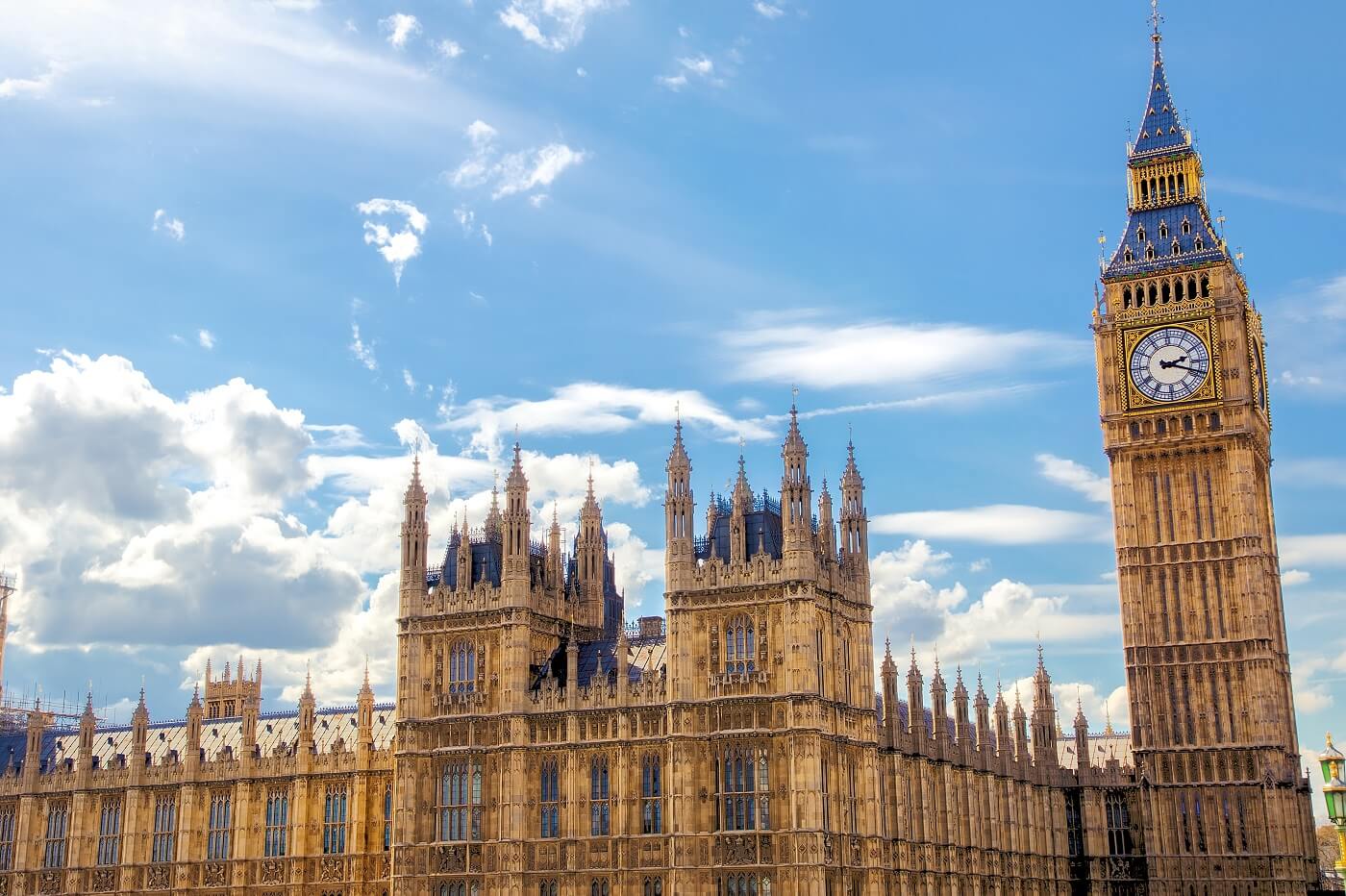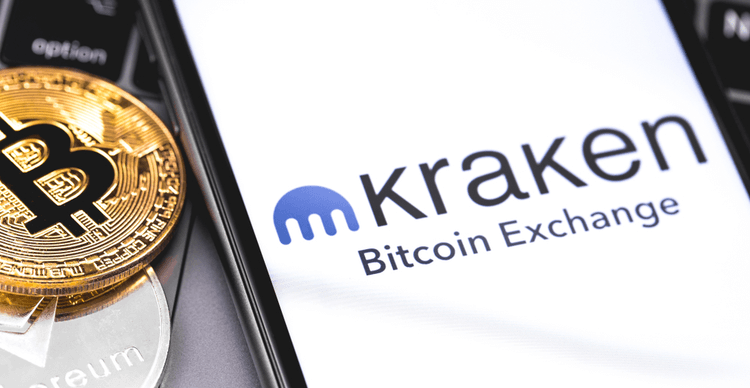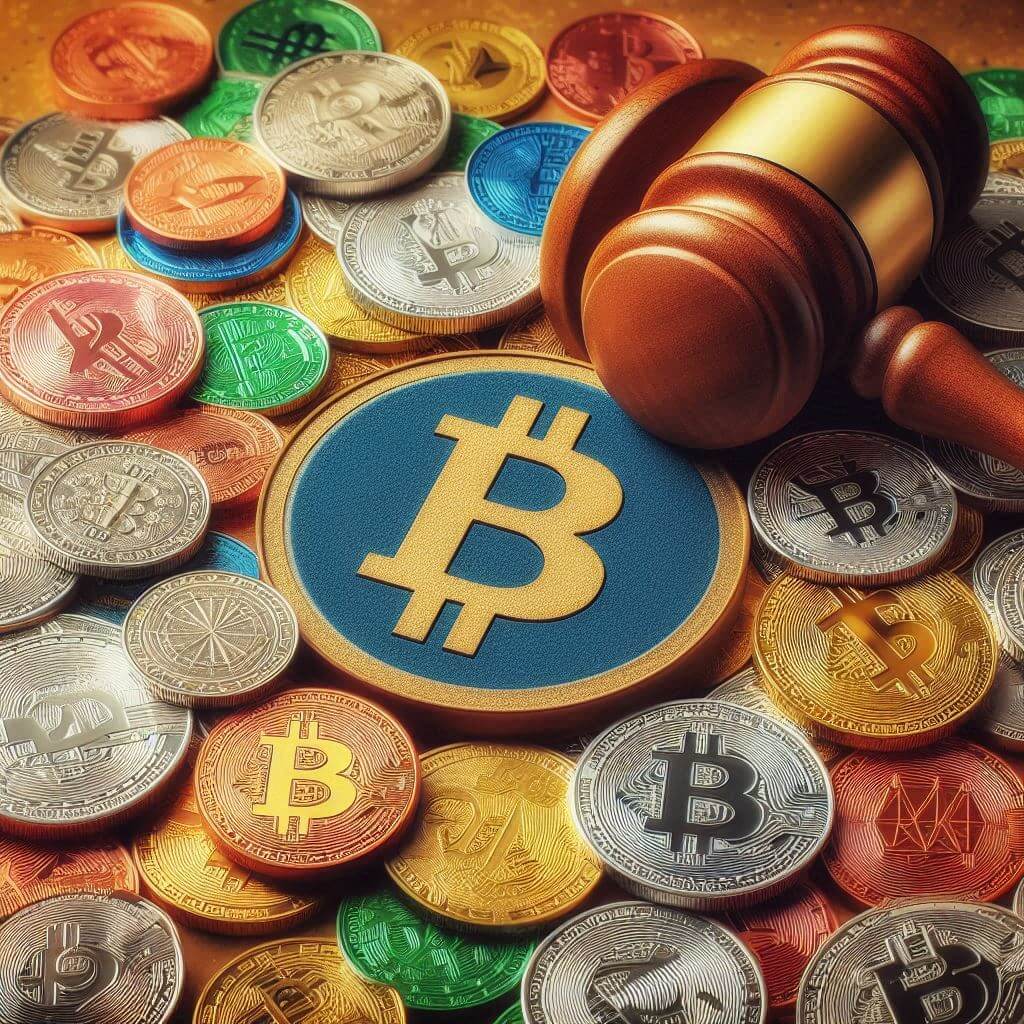
- UK’s new bill recognizes Bitcoin and other digital assets as personal property
- Under the new law, crypto owners will enjoy greater legal protection
The UK Parliament has introduced a new bill clarifying ownership of digital assets by recognizing Bitcoin and other crypto assets as personal property.
The new draft law, the Property (Digital Assets etc.) Bill, offers legal protections to crypto holders. It was introduced in the UK Parliament on September 11, 2024.
“For the first time in British history, digital holdings including cryptocurrency, non-fungible tokens such as digital art, and carbon credits can be considered as personal property under the law,” the Ministry of Justice wrote in a press release published on Wednesday.
The government also shared the news on X.
The UK has passed a new bill that will allow crypto and other digital assets to be recognised as personal property.
That means owners of digital assets will gain legal protection against fraud and scams.
Read more about it here ➡️ https://t.co/IQwPvWJXUk pic.twitter.com/LxhHUws4Qp
— Ministry of Justice (@MoJGovUK) September 11, 2024
Legal protection for Bitcoin, crypto holders
The UK government believes this bill puts the country at the forefront of an emerging crypto market. Per the announcement, the goal is to protect Bitcoin and other digital assets holders under the law.
Recognizing these assets as personal property means individuals and companies will enjoy protection against fraud and scams. The justice system will also benefit by being able to handle cases arising from disputes on digital holdings, including in divorce cases.
“Our world-leading legal services form a vital part of our economy, helping to drive forward growth and keep Britain at the heart of the international legal industry,” said UK Justice Minister Heidi Alexander.
“It is essential that the law keeps pace with evolving technologies and this legislation will mean that the sector can maintain its position as a global leader in cryptoassets and bring clarity to complex property cases.”
While UK law recognizes “things in possession” such as gold and money, or “things in action” such as debt or shares, as property, there has been no classification of digital assets in this manner.
As crypto falls into none of the two categories, the new law envisions a third category of “thing.” Crypto will now attract this consideration as asset with personal property rights.






